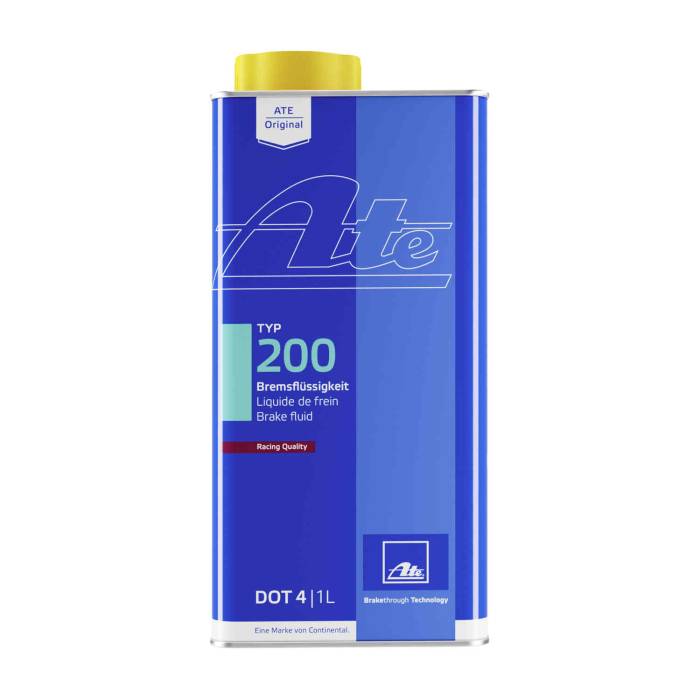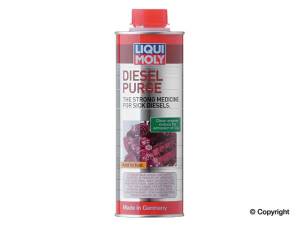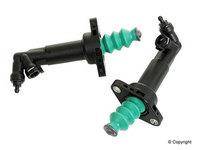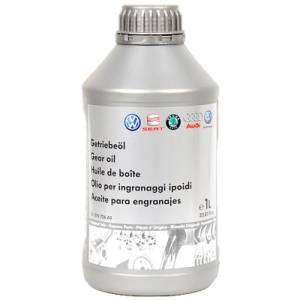Ate Brake Fluid-Amber 1 liter
Description
Liquid safety
Brake fluids bring top performance: they transmit hydraulic pressure to the brake system when the brake pedal is depressed. This results in high temperatures, and in extreme cases the liquid begins to boil. But by that stage it is already practically too late, since vapour bubbles are formed, and these can be compressed. Brake pulses come to nothing; the brake pedal can be pushed all the way to the floor, and the vehicle does not come to a stop quickly enough.
The significance of the brake fluid has become much greater since the introduction of electronic systems such as ABS and ESP. The hydraulic units in these systems have a large number of extremely small holes and ducts, some with a diameter less than that of a human hair. The wrong brake fluid can have a fatal effect on the function of modern brake systems.
Better than the law requires
Our brake fluids far exceed the statutory and technical requirements for the dry and wet boiling point levels. They ensure minimum compressibility at both high and low temperatures, and prevent the formation of vapour bubbles. High-grade additives offer the best possible protection from rust, and so ensure the long-term functional reliability of the brake system.
For your safety: what you should make sure of
Independent studies carried out by the KS and other test institutes have shown that seven out of ten vehicles need new brake fluid. We therefore recommend that the brake fluid is tested at regular intervals with an ATE brake fluid tester. If the boiling point in the container is below the guide figure of 180C, it is time for a change.
Modern braking systems need modern brake fluids
Comparison of the reaction time under ESP of ATE SL.6 as against typical DOT 4 and DOT 5.1 brake fluids

The rapid response times required by ESP can only be attained through the use of advanced fluids like Original ATE SL.6. In the ESP response time, our low-viscosity ATE SL.6 performs significantly better than conventional DOT 4 and DOT 5.1 brake fluids.
- For vehicles built before 1990 we recommend an annual change, and the ATE G (DOT 3) or ATE SL (DOT4) brake fluids.
- For more recent models, the interval between changes is 2 years. Our low-viscosity ATE SL.6 with ISO class 6 (DOT4) has proven itself here.
- For demanding customers and racing enthusiasts, our range includes the ATE TYPE 200 - new racing quality - (DOT4). In this case it is sufficient to replace fluid every 3 years.
Please note that to maintain the operational reliability and safety of the brake system, you must change the brake fluid in accordance with the vehicle manufacturer's recommendations on quality and replacement intervals.
Reviews / Q&A
Details
- 706232
- 706232
- Ate
- New
Categories
Shipping Information
- Item Requires Shipping
- 2.2 lbs.
- W5.0000” x H5.0000” x L5.0000”





